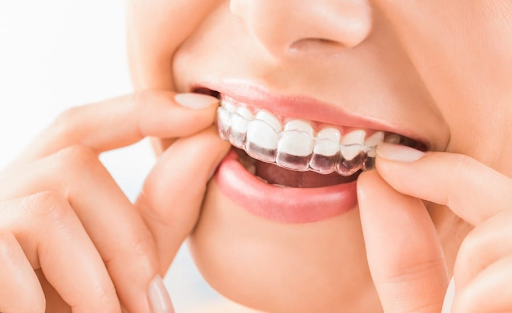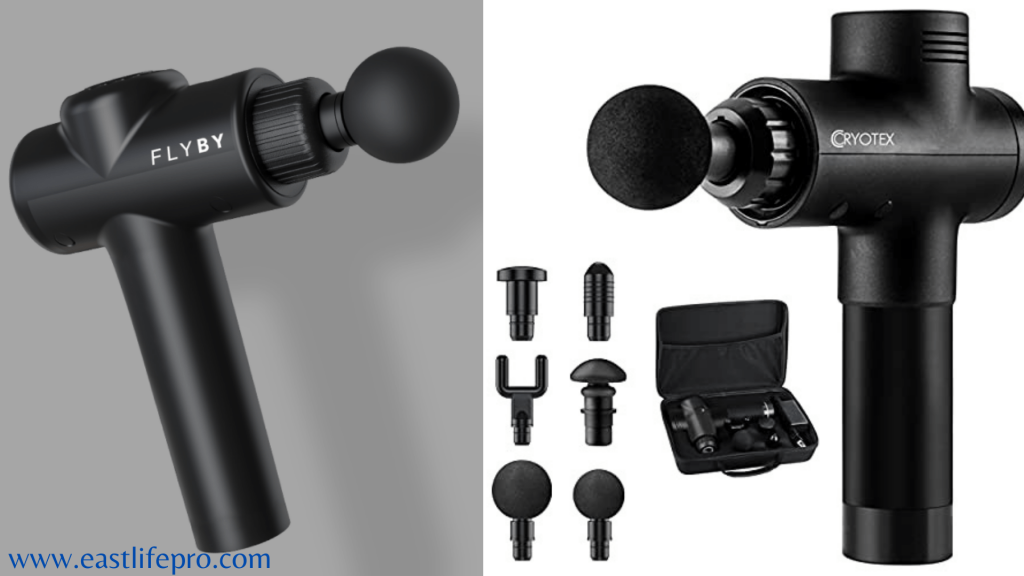Teeth grinding, also known as bruxism, can cause serious damage to your teeth and jaw if left untreated. It results in many painful and uncomfortable symptoms. A few of these symptoms include jaw pain, headaches, and damage to the enamel of your teeth. If you’re dealing with this issue, it’s vital to stop grinding your teeth and seek treatment from your dentist.
In this blog post, we’ll discuss some of the causes and treatments of teeth grinding. We also offer tips to help you stop grinding your teeth.
Causes of Teeth Grinding
If you grind your teeth, you may wonder what causes it. The reason you may grind your teeth is due to the following:
- Stress
- Anxiety
- Misalignment of your jaw
- Sleep disorders
- Medications
- Alcohol and Drugs
- Caffeine
Identifying the cause of your teeth grinding is essential to find the best treatment. And below are ways to focus on grinding your teeth less during the day.
1. Massage Your Jaw Muscles
Massaging your jaw muscles can help you grind your teeth less. To massage your jaw muscles, massage your earlobes with your thumb and index finger. Do this for about 10 seconds. Then, cover your jaw with both hands, and make small circular motions. Next, move up and down your jaw, and press gently with your fingertips. Finally, make sure to massage both sides of your jaw.
Do this massage for a few minutes daily. It will relax your jaw muscles and reduce teeth grinding. You can also use a warm compress or ice pack to reduce the tension in your jaw muscles.
2. Wear a Night Guard
Although this article is about how not to grind your teeth during the day, your nighttime habits matter just as much. Wearing a nightguard prevents you from grinding your teeth. You may have a retainer and are curious what the difference is between a nightguard vs retainer. JS Dental Lab does an excellent job explaining the difference between the two.
A nightguard is fairly simple to master. Before bed, insert a thin but strong plastic device between your teeth. All you have to do is slip it over your teeth before you go to sleep; it will do the rest. This prevents your top and bottom teeth from grinding against each other.
You can purchase a nightguard online from a reputable site. You can also get custom-made ones from your dentist.
Thus, a nightguard helps you avoid damage to your teeth and jaw.
3. Focus on Relaxing
Finding ways to relax can significantly reduce your teeth grinding. You can relax by practicing yoga, meditating, or even going for a walk. Massage therapy is also another great way to relax. You can also try progressive muscle relaxation. This involves focusing on tensing and relaxing each muscle group in your body.
Making sure you get enough sleep. Getting at least seven hours of sleep each night reduces stress. Plus, focusing on yourself can help reduce your teeth grinding.
It’s important to figure out what works best for you. From there, take steps to reduce your stress levels.
4. Try Biofeedback Methods
You may or may not have heard of the biofeedback technique, which is a way to eliminate harmful behaviors. For example, biofeedback helps reduce teeth grinding. How it works is that it trains you to become aware of your body and its reaction to specific triggers. Then, by focusing on the body’s physical responses, you can learn to control them.
A biofeedback therapist can teach you techniques. Different techniques involve muscle relaxation and breathing techniques. Both help you become aware of the signs that you are starting to grind your teeth. When you apply certain techniques, you take control of your body’s actions. By becoming aware of your body’s physical reactions, you can stop teeth grinding before it happens.
5. Go to the Dentist Regularly
Keeping your dentist in the loop is important if you struggle with teeth grinding. A dentist can offer suggestions on how to reduce the behavior.
Your dentist may suggest that you wear a nightguard at night. This guard can help protect your teeth from the damage caused by grinding.
They may also recommend that you adjust your diet. For example, avoiding hard, chewy, and sticky foods can help reduce the grinding. Your dentist may also suggest drinking more water to keep your mouth from becoming dry.
By consulting your dentist regularly, you can get the help you need to stop grinding your teeth.
Conclusion
In conclusion, there’s hope for stopping the bad habit of grinding your teeth. Taking steps to reduce stress and visiting a dentist to discuss options for a night guard is essential. Also, learn to recognize when you grind your teeth and practice relaxation techniques. Both can help to prevent teeth grinding. With a bit of patience and effort, you can break the habit of grinding your teeth and preserve the health of your teeth and jaw.
James Martin is a passionate writer and the founder of OnTimeMagazines & EastLifePro. He loves to write principally about technology trends. He loves to share his opinion on what’s happening in tech around the world.



